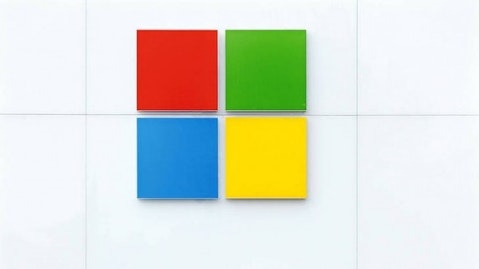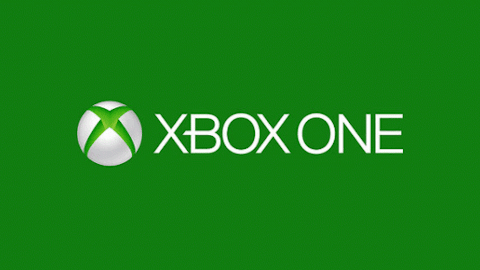And you thought yesterday was bad?
A day after the Fed said it expected to kill its bond-buying program within a year, stocks continued their free fall today, as the market had its worst day since November 2011. The Dow Jones Industrial Average (DJINDICES:^DJI) finished down 354 points, or 2.3%, and including yesterday’s late drop, the Dow is down nearly 4% in not even one-and-a-half sessions. Meanwhile, the VIX (VOLATILITYINDICES:^VIX), regarded as Wall Street’s fear gauge, jumped 23%, to 20.49, its first time this year above 20. Ten-year Treasury yields jumped again, gaining 5%, to close at 2.42%.
Stocks began falling yesterday afternoon after Fed Chairman Ben Bernanke said the central bank planned to begin trimming the $85-billion monthly stimulus program later this year, and would end it by this time next year, if the unemployment rate continues to fall on its path toward 7%. Markets were also rattled by news that China is facing a credit crisis as its interbank lending rates have surged in the last two weeks, jumping as high as 13.4%. The Chinese government has allowed the spike in order to punish speculators, but the sky-high rate has essentially brought lending to a halt. China’s purchasing managers’ index also fell to 48.3, a nine-month low.
While the Fed’s announcement has cooled off what’s been a stellar year for stocks, investors seemed to forget why there was a bull market to begin with. The economy is getting better. The unemployment rate is coming down, the housing market is dramatically improved, and American companies are consistently posting strong results at home, though struggling in Europe. It’s only logical that the monetary training wheels be removed once the economy is functional again.
The market’s panic drowned out other economic data, as initial jobless claims rose to 354,000, ahead of expectations, and the Philadelphia Fed’s manufacturing index jumped to 12.5 in June, crushing estimates at -0.2.
Not surprisingly, every Dow stock was down, with none dropping less than 1%. The Walt Disney Company (NYSE:DIS) fell 3.7% after Goldman Sachs Group, Inc. (NYSE:GS) lowered its rating from buy, to neutral. Analyst Drew Borst noted that ESPN faces new competition from Fox Sports 1, which takes to the air in August, and ESPN also faces increasing costs for broadcast rights. That may not seem significant, but ESPN last year contributed about 45% of Disney’s operating profits, which makes it a hugely valuable component for the entertainment conglomerate.
Microsoft Corporation (NASDAQ:MSFT) wasn’t far off, ending the session down 3.2%, as the tech giant changed some important policies regarding the Xbox One console due out this fall. Microsoft said the gaming system will not require being plugged into an Internet connection, and it said it won’t restrict the resale of games. The Wall Street Journal also revealed that Microsoft looked into starting an e-commerce platform to compete with Amazon.com, Inc. (NASDAQ:AMZN) and eBay Inc (NASDAQ:EBAY), and tried to buy Nokia Corporation (ADR) (NYSE:NOK)‘s handset business. The moves seem to indicate that the Windows maker is in need of new growth opportunities.
Outside the Dow, Oracle Corporation (NASDAQ:ORCL) dropped 8.8% after hours as it posted just 0.3% revenue growth in its quarterly report, as the software-maker appears to be losing new business to cloud computing competitors. This was the second quarter in a row with flat revenue growth leading to a sharp decline in share price. The drop will weigh on the Nasdaq tomorrow, and could also hamper other tech stocks as the company is seen as a bellwether for industry demand.
The article Dow’s Withdrawal Symptoms Kick In originally appeared on Fool.com.
Fool contributor Jeremy Bowman has no position in any stocks mentioned. The Motley Fool recommends Walt Disney (NYSE:DIS). The Motley Fool owns shares of Microsoft, Oracle, and Walt Disney.
Copyright © 1995 – 2013 The Motley Fool, LLC. All rights reserved. The Motley Fool has a disclosure policy.





